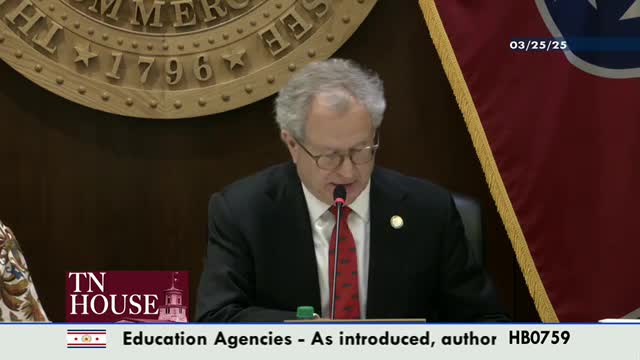Article not found
This article is no longer available. But don't worry—we've gathered other articles that discuss the same topic.
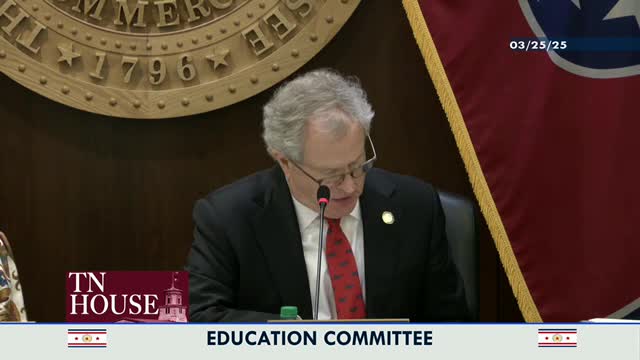
Votes at a glance: Education committee advances dozens of bills including threat-notification, ELL study group and campus food grants
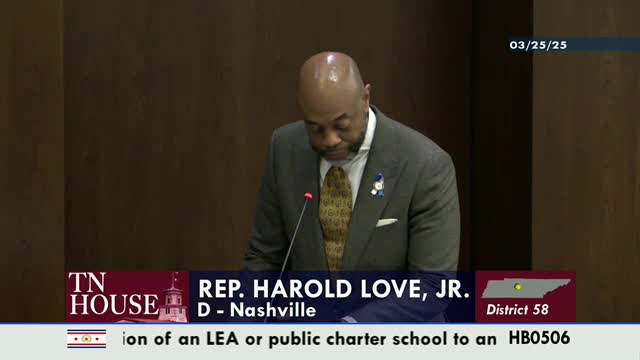
Committee advances bill requiring one staff member per school trained in seizure first aid
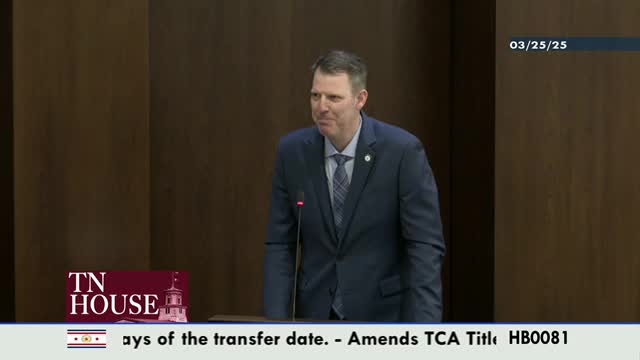
Panel approves bill requiring academic, disciplinary and special education records be sent within five business days after transfer
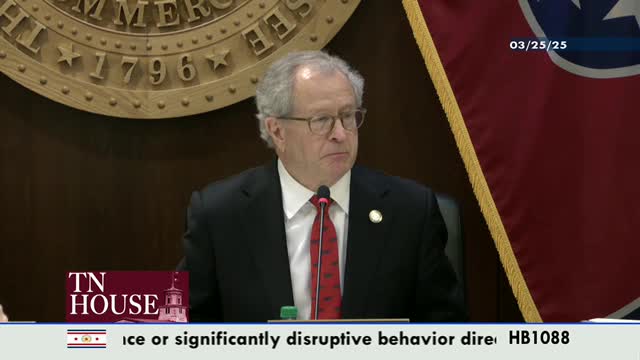
Committee approves measure requiring parents be notified within 48 hours of credible threats reported to police
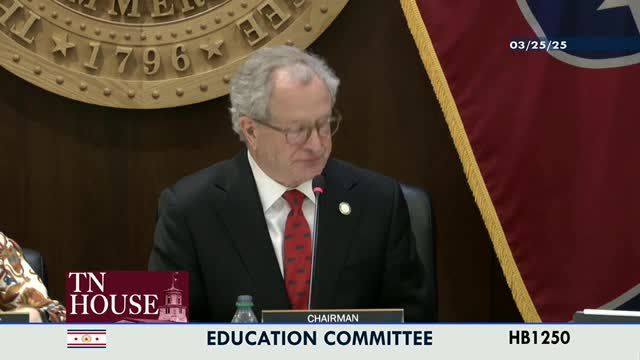
Committee advances bill allowing schools to employ volunteer chaplains; legal immunity for chaplains limited
